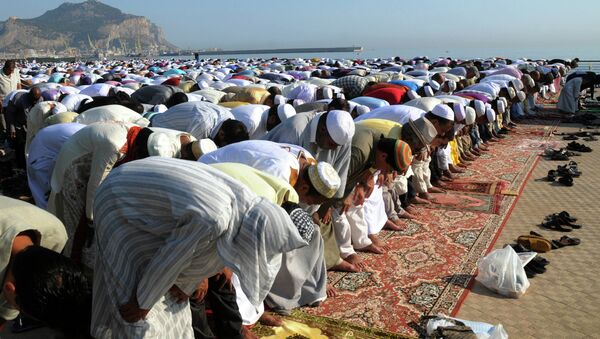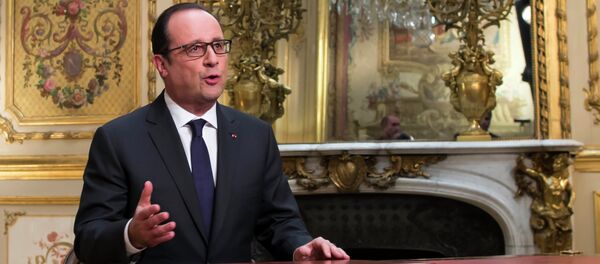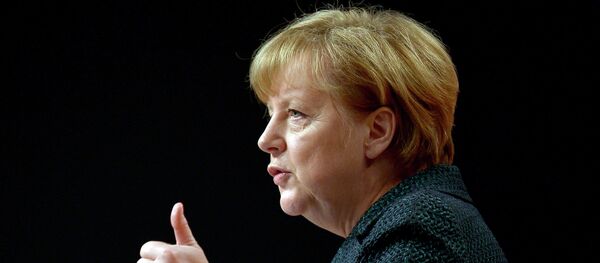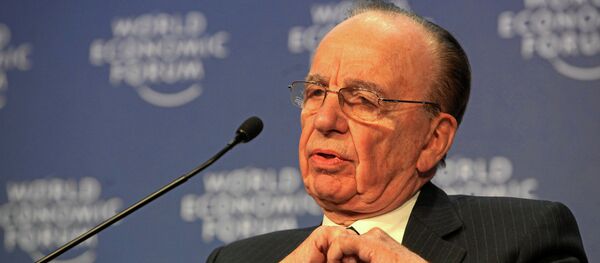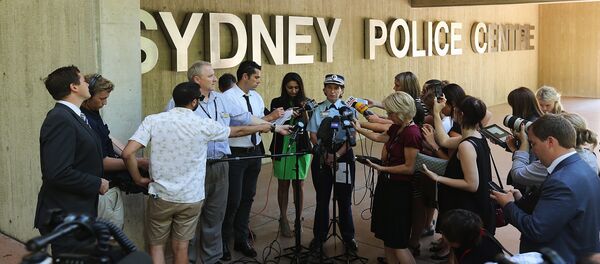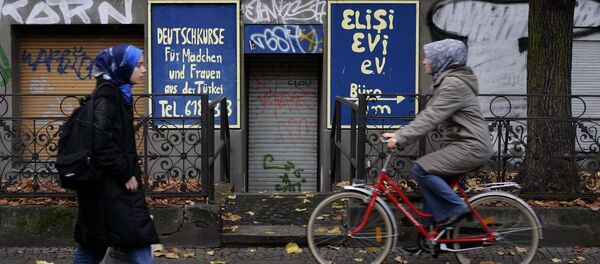"Muslims comprise approximately two percent of the [Italian] population. The majority are moderates; only five percent of Muslims in Italy attend mosque; and many are itinerant workers… The Italian Government closely monitors this community and expels those who preach violence," the cable dated September 26, 2005 says.
Another document from December 7, 2005, also classified by Ronald Spogli, quotes the then-Italian Interior Minister Giuseppe Pisanu as saying that the Muslim community in Italy is different from those in France and other European countries, much smaller and more diffuse, with most being economic migrants.
"Still, there will always be some prone to extremism, but the minister estimated these counted for no more than three percent of the community in Italy. The [Muslim] advisory council was designed to reach out to the other 97 percent. The three percent were aggressively monitored — mosques, schools, bakeries, butcher shops, meeting places," the document sates. "This meant that perhaps 2,000 had been identified and put under watch."
The document based on a private informal lunch at the US Ambassador's residence and involving Spogli, Pisanu and Italy's Chief of Police Giovanni De Gennaro, also outlines that some 200 Muslims were expelled from Italy on suspicion of extremism in the years preceding 2005.
The lunch discussions, all in Italian, focused on security issues relating to the 2006 Turin Olympics, Muslim outreach, terrorist financing and data-sharing efforts.
According to the WikiLeaks cables, Giuseppe Pisanu "takes obvious pride in his initiative for outreach to the Muslim community in Italy."
"At the same time, he [Pisanu] and the police chief were unambiguously firm in their ongoing efforts to monitor, and if need be, expel any individuals in the community advocating violence or extremism," the classified document states.
An official representative of WikiLeaks has confirmed that the documents are authentic.
Until a decade ago, Italy had been primarily a country of emigrants, but its immigrant population has been on the rise and in 2012 migrants represented 7.4 percent of the Italian population, according to the Italian National Office Against Racial Discrimination (UNAR).
Italy's Muslim Advisory Council was set up "to tackle [the] practical problems of integration," by addressing practical and social issues, including the issuance of work permits and religious education in schools.
The United States has been conducting a so-called Muslim Outreach program in Italy, led by Milan's Consulate General. The mission "is utilizing a combination of our U.S. Speakers and Exchange programs together with Embassy resources to promote our agenda," according to a 2007 cable "Muslim Outreach Strategy — The Next Level."
According to a Pew Research survey conducted last spring, Italians are more critical toward Muslims compared to other European nations – 63 percent of the population holds unfavorable views of the Muslim population. While in France and Germany, which host Europe's largest Muslim communities, the tendency is different, with 72 and 78 percent of the population respectively holding favorable views of the Muslim community.
The United States has been conducting so-called Muslim Outreach programs across Europe, including in Spain, the Czech Republic, the Netherlands, with the goal of countering the belief that Washington is at war with Islam, according to cables released by WikiLeaks.
"… the two overarching goals of U.S. engagement with Europe's Muslims: countering the widespread conviction that the U.S. is somehow "at war" with Islam, and initiating a constructive dialogue about Muslim integration in European societies aimed at sharing America's best practices with regard to providing equal opportunity to disadvantaged, racially distinct minorities," the sensitive document from 2007 quotes US senior advisor to the assistant secretary of state for European and Eurasian Affairs Farah Pandith as saying.
This document follows Farah Pandith's July 25-26, 2007 meetings with officials from the French prime minister's office, the foreign ministry, the interior ministry, politicians, religious leaders, academics, businessmen and community activists.
Another 2007 document, entitled "Muslim Outreach Strategy – The Next Level" states that "Italy represents an opportunity for U.S. interests in promoting the integration of moderate Muslims in a Western European democracy."
In August 2005, the United States established an Integration Issues Working Group (IIWG) "to coordinate outreach and reporting activities related to the Dutch Muslim community." The 2006 cable further notes, that in accordance with Washington's guidance, the mission "made engaging with the Dutch Muslim community a top priority." While the primary goal was stated as "improving the image of the United States and U.S. policies among the increasingly influential — and largely anti-American — Dutch Muslim community."
At the same time, the cables highlight that the US-led Muslim Outreach programs target both legal and illegal citizens.
"We are building our information base about Italy's diverse Muslim community to determine the best ways of stimulating a dialogue with them," the 2005 cable classified by the-then US Ambassador to Italy Ronald Spogli says. "We do not believe that political or public diplomacy outreach programs are an effective means to reach Muslim extremists themselves; this task is best left to other agencies with other tools."
An official representative of WikiLeaks has confirmed that the documents are authentic.
Currently, Europe is going through a spike in Islamophobia as a reaction to the killing of 17 people in last week's attacks in Paris, targeting the Charlie Hebdo magazine and a kosher supermarket.
Germany's Patriotic Europeans Against the Islamization of the West (Pegida) movement has gained momentum following the attacks and gathered thousands of people at anti-Islamization rallies across Europe. The movement now has branches in several European countries, including Spain, Switzerland, France and the United Kingdom.
Those who oppose Pegida and accuse it of right-wing extremism have conducted counter-marches, attracting tens of thousands of people.

